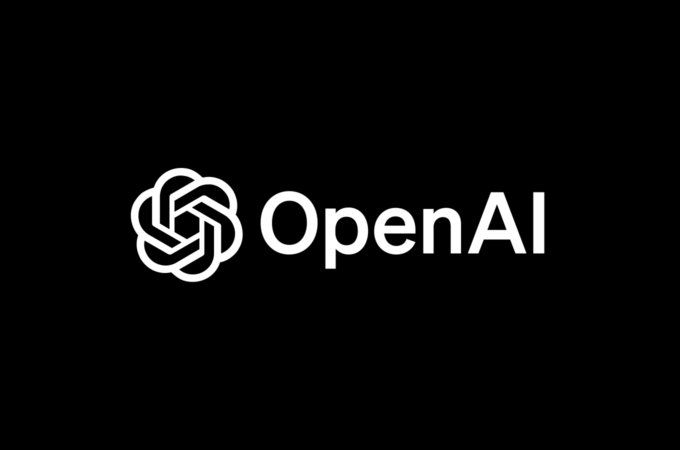
Ayannah reveals merger; new entity seeks up to $50m in series B round
via Tech in Asia
Philippine-based fintech startup Ayannah and Indian payments firm Electronic Cash and Payment Solutions (ECAP) said they have merged to form a Pan-Asian company that aims to provide accessible digital financial services to the region’s middle class.
Called Ayannah Global, the new entity will be headquartered in Singapore, a strategic location among fast-growing markets in Southeast Asia. It also aims to draw from the city-state’s talent pool and forge new partnerships with companies there.
“Both companies saw huge operational and technological synergies in their products and growth strategy, and a merger will enable the enlarged entity to better reach customers, scale up product development, and expand their reach within Southeast Asia,” a spokesperson for Ayannah Global told Tech in Asia.
The company also looks to capitalize on the greater demand for open banking and omnichannel distribution platforms driven by the Covid-19 pandemic, the spokesperson added.
Founded in 2010, Ayannah developed an AI-enabled platform to launch a suite of financial and lifestyle products and services ranging from payments, remittances, insurance, and telemedicine.
Meanwhile, Bengaluru-based ECAPS caters to the needs of domestic migrants and the unbanked population in India. It enables domestic money transfers, utility bill payments, recharges, and travel ticketing.
Together, Ayannah and ECAPS have operations in India, Indonesia, and the Philippines. After the merger, Ayannah Global looks to extend its reach into Vietnam. It expects to reach over 10 million customers in these markets through its mobile apps and a growing network of over 60,000 offline touchpoints, the new entity said.
In addition to the merger, the company said it will start raising money for its series B round on June 15. It looks to bag US$30 million to US$50 million through the round.
Ayannah’s existing backers from previous fundraising rounds include Wavemaker Partners, Golden Gate Ventures, and 500 Startups, as well as several large family offices across Asia.





